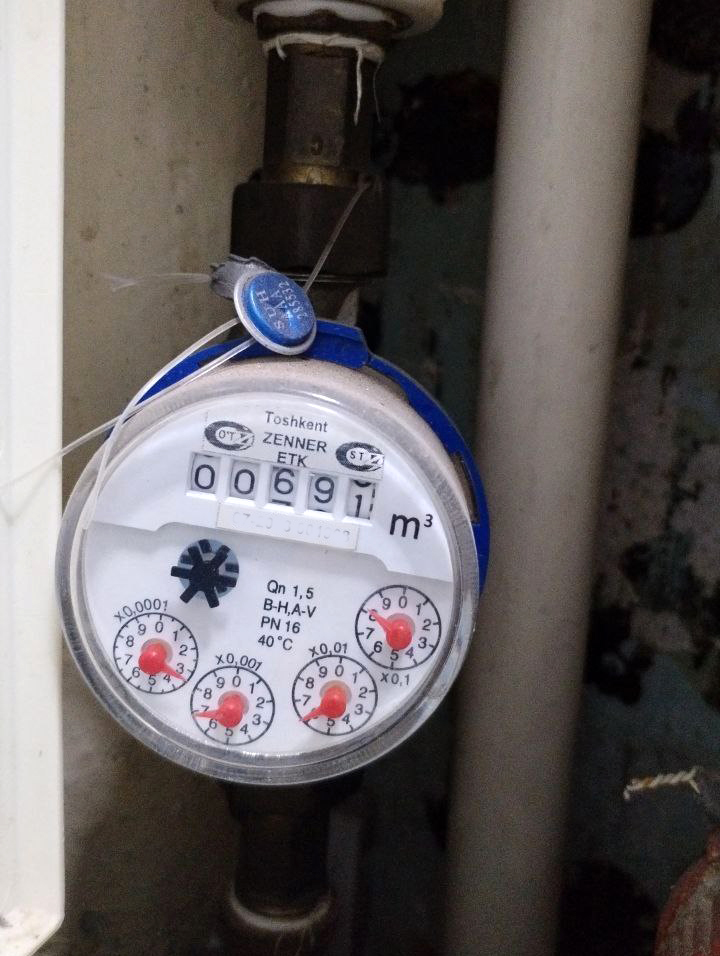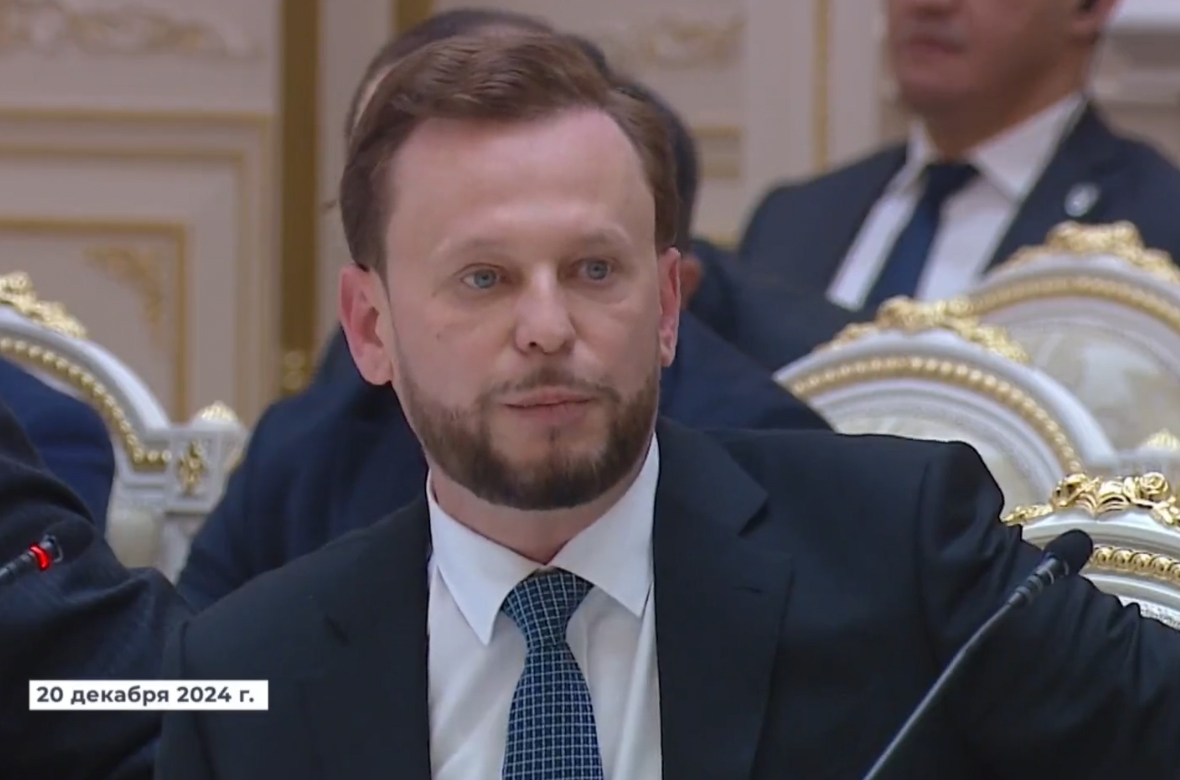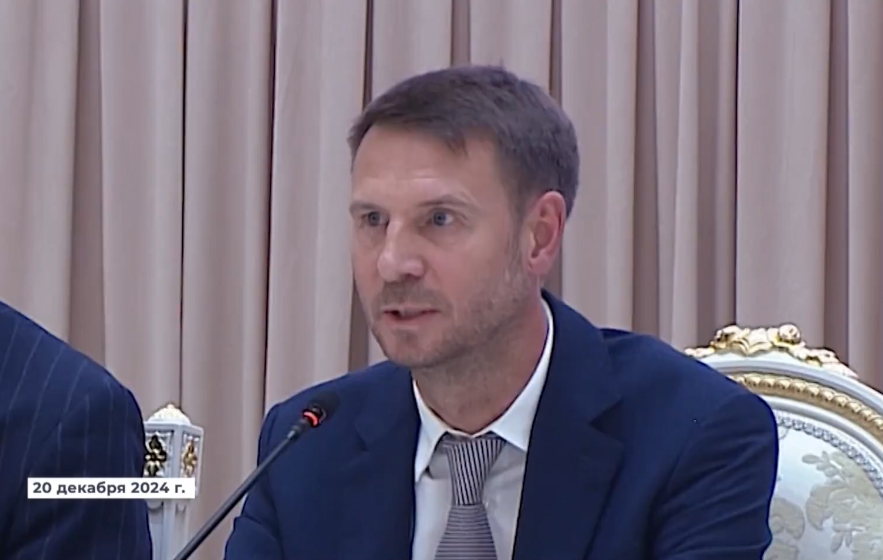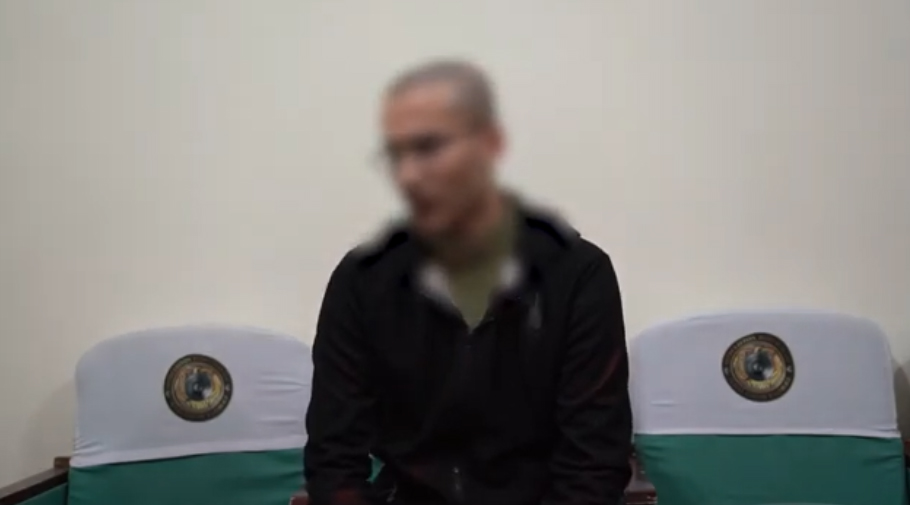This article is also available in:
Русский (Russian)
Uzbek
Every year, as the cold season arrives, residents of Tashkent face the same issue: turn on the hot water, and cold water comes out. To get hot water, residents must let it run for a long time, increasing water bills as meters continue to turn while people wait for the water to heat up. Authorities have yet to reach a consensus on who is responsible, pointing fingers at each other.
Who’s Responsible?
Responsibility for the quality of hot water in Tashkent is divided between Veolia Energy Tashkent and local management companies and homeowners’ associations (HOAs). Veolia Energy Tashkent claims to supply hot water of proper quality, asserting that any issues stem from the internal management systems within apartment buildings. The HOAs and management companies, however, blame Veolia Energy Tashkent, citing inadequate water temperature upon delivery to the buildings. Meanwhile, residents continue to bear increased costs, while the issue remains unresolved amid disputes between organizations.
Is There a Real Solution? Temperature-Mode Meters
An obvious solution would be installing temperature-mode meters, which only register the consumption of hot water after it reaches a specified temperature. In countries with advanced hot water accounting systems, these meters are standard, helping reduce bills and ensure a fair distribution of water supply costs.
For Tashkent residents, this would be a significant improvement. However, such meters are not advantageous for suppliers, as installing them would greatly reduce bills for hot water. Although many citizens are ready to pay for such meters out of their own pockets, no regulatory framework currently exists for their use in Uzbekistan. Without official regulations, these meters remain unavailable for installation and accounting, and residents continue to pay for a substandard service.
To make the solution simpler, residents have proposed an alternative: reducing the rate by 5–10% for the initial portion of the water used to offset cold-water drainage costs. This temporary measure could help reduce consumer costs without requiring complex equipment installations. Such an adjustment would help compensate for the inevitable cold-water runoff consumers are forced to waste while waiting for the water to heat.
A Solution is Urgently Needed
Tashkent’s hot water supply problem requires a prompt and reasonable solution. Installing temperature-mode meters, adjusting rates for the first portion of water used, and establishing clear standards and regulations would not only improve service quality but also help build trust between consumers and suppliers. Although this issue has been discussed for years, there has been little progress toward a resolution.
The article may contain inaccuracies as it is translated by AI. For more details, please refer to the Russian version of the article. If you notice any inaccuracies, you can send corrections via the Telegram bot: Uzvaibik_bot.











